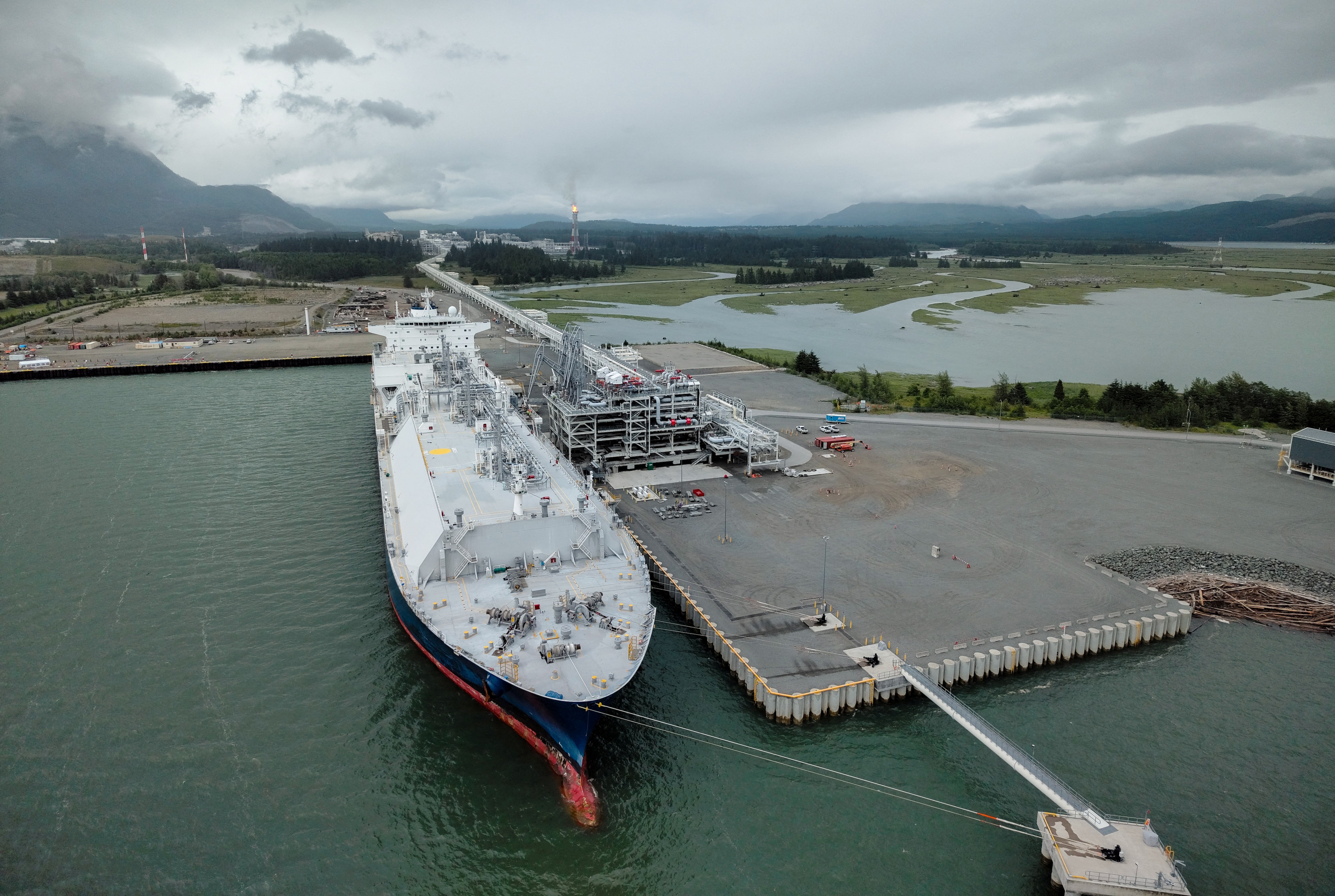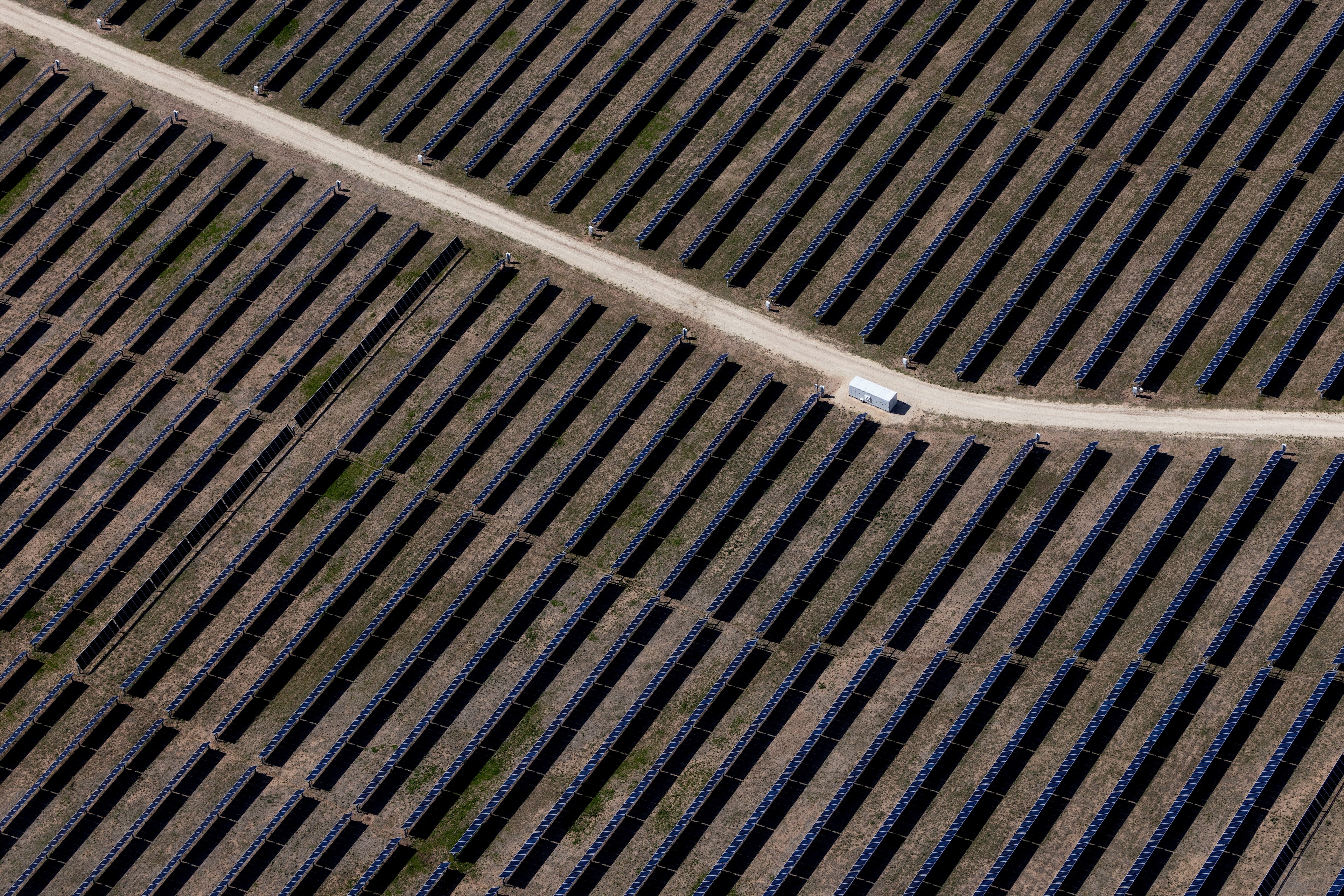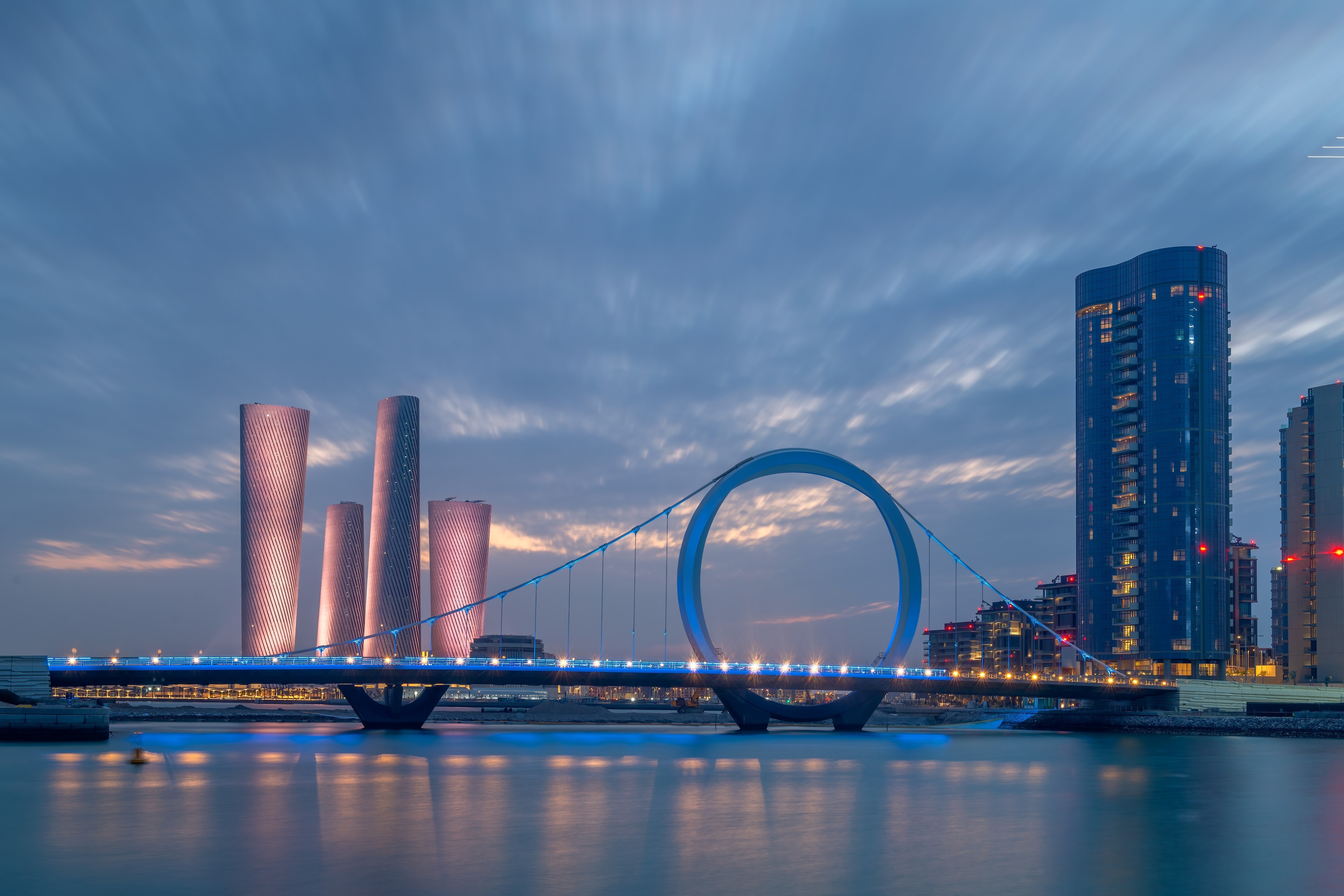How the US election result could affect the energy transition, and other top energy stories

Solar and wind energy stocks fell sharply after the election result.
Image: Unsplash/American Public Power Association
Roberto Bocca
Head, Centre for Energy and Materials; Member of the Executive Committee, World Economic Forum- This round-up brings you the key stories from the energy sector over recent weeks.
- Top energy news: The US election result's impact on energy; Build business case for grid investment in Europe, report says; Blackouts amid drought in South America.
- For more on the World Economic Forum’s work in the energy space, visit the Centre for Energy and Materials.
1. How the US election result could affect the energy transition
“Surging investment” in clean power and grids is expected to continue at least in the short to medium term.
Donald Trump’s victory in the US presidential election is likely to have a negative short-term impact on climate action – but what will happen over the longer term is uncertain, experts say.
The president-elect has argued the US needs to increase energy production to be competitive in areas including developing power-hungry artificial intelligence systems. He has said he will encourage new natural gas pipelines, end offshore wind energy, and increase US production of fossil fuels by making it easier to drill on federal land.
He has also said he will pull the US out of the Paris climate agreement and support increased nuclear energy production.
Solar and wind energy stocks fell sharply after the election result. But analysts think a Republican win is “unlikely to dramatically slow” the boom in renewable energy in the US, Reuters reports.
Any curtailment of renewable energy sources would face opposition, including from within the Republican party, the BBC reports. The outgoing presidency’s Inflation Reduction Act – which could pump as much as $1 trillion of spending into green energy – has been beneficial to Republican areas. Some estimates say 85% of the money has gone to districts that elected Republicans.
Analysts also predict that US fossil fuel production “is likely to look much the same under Trump”, with the nation already having become the world’s largest oil and gas producer under President Biden.
Ultimately, as the BBC reports, over the longer term it is “not clear if the new president will turn back the clock for coal, oil and gas, or curtail the growth of sustainable energy sources.”
'Safeguarding the Planet' at Davos 2025
2. Europe ‘must build business case for grid expansion’
Strengthening the business and economic case for grid development will help Europe meet its ambitious energy goals, new research from the World Economic Forum says.
There is a critical need for robust and modern energy infrastructure on the continent, according to Grid Development in Europe: Five Actions to Strengthen the Business and Economic Case, a briefing paper from the Forum and Accenture. Investment must increase substantially, reaching over $750 billion annually by 2030.
However, investment is only possible if there is a sound business case, resulting in benefits for the investor, the paper says. Building a strong economic rationale includes considering the direct impact of more clean energy deployment, and indirect benefits including economic, technical, societal and environmental considerations.
The report suggests five actions to boost the economic and business case for grid development in Europe, which can be seen in the table below.
3. News in brief: More energy stories from around the world
Energy grids powered by hydroelectric dams in South America are struggling to meet demand amid “historic” droughts, leading to blackouts, the Financial Times reports.
Australia’s renewable capacity is predicted to soar from 52GW in 2025 to 208GW by 2043 – a 300% increase. Investments in solar, wind and energy storage are expected to drive the expansion.
Liquified natural gas supplier QatarEnergy has taken a 50% stake in TotalEnergies' 1.25GW solar project in Iraq, Reuters reports. When online, the project will provide power to about 350,000 homes in the south of the country.
Danish turbine manufacturer Vestas will supply 12 wind turbines with a 50MW capacity for a Romanian wind farm. Romania recently launched a 1.5GW renewables auction to boost wind and solar capacity.
What's the World Economic Forum doing about the transition to clean energy?
The European Investment Bank (EIB) has agreed to provide €650 million in funding for what has been described as the “world’s first artificial energy island”, off the coast of Belgium. The EIB says the island – which will bring wind energy from the North Sea to mainland consumption centres – is crucial for the European energy transition.
Malaysian state energy firm Petronas is planning “significant” expansion in Indonesia, Reuters reports. This will include creating an operations hub in East Java and investing in exploration in the country’s eastern regions.
Saudi Arabia has said it will maintain its crude capacity at 12.3 million barrels per day, while also pursuing its climate aims.
US fuel makers' third-quarter profits are expected to fall on last year amid weakening margins driven by softening demand and new refining capacity.
Amid oversupply and weaker-than-expected electric vehicle (EV) demand, lithium extractors in Argentina are scaling back their operations. Global lithium prices – a key component in EV batteries – have fallen over 80% since last year.
4. More on energy from the Forum
Out of the 10 biggest barriers to growth for companies in the energy sector, five are primarily influenced by policy and politics. This article looks at how they can be overcome.
Geopolitical competition is spurring the clean energy transition as countries compete on legislation and investment. But the rising demand for and limited supply of critical minerals could harm progress. Collaboration fostered via third-party institutions will be essential in ensuring the transition is a global collective effort.
Africa has a significant role to play in the energy transition, but its success depends on how governments use legal frameworks to support investment. Here are six ways legislation can promote renewable energy investment on the continent.
Accept our marketing cookies to access this content.
These cookies are currently disabled in your browser.
More on Energy TransitionSee all
Michael Wang
July 28, 2025
Ayla Majid
July 24, 2025
Manikanta Naik and Murali Subramanian
July 23, 2025
Arunabha Ghosh and Jane Nelson
July 22, 2025
Ali Alwaleed Al-Thani and Santiago Banales
July 21, 2025
Goodness Esom
July 18, 2025





